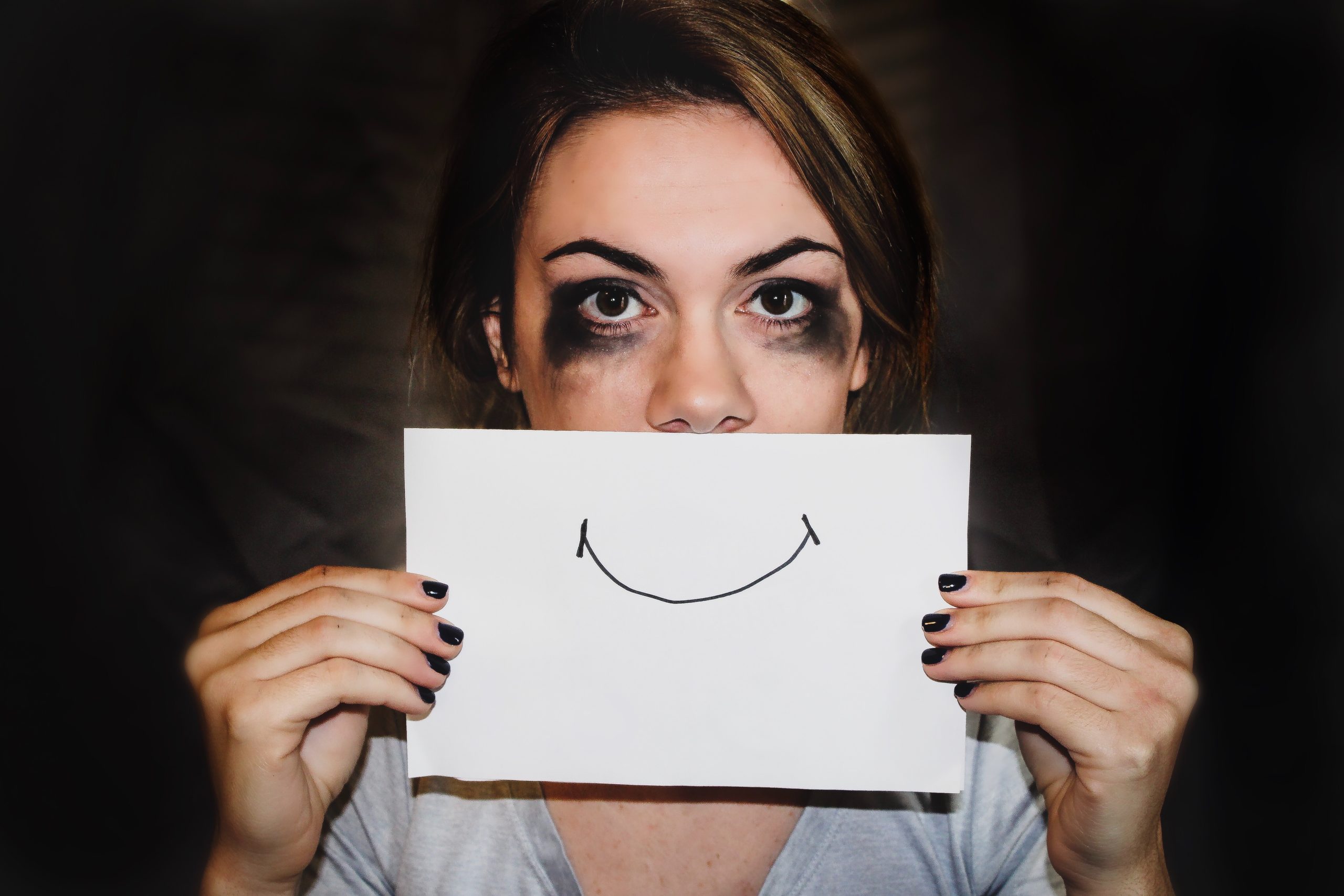Yes, Seasonal Depression Is A Real Thing!
April 9, 2019
By, Jennifer Seip, LMFT, MA
Click this link to watch my video all about seasonal depression!
Has anyone else been thinking that this winter has been way too long? Every year around this time, I start to get really antsy for a vacation. I feel tired, lack motivation, I notice a decrease in my physical activity and I begin to avoid social situations. But interestingly enough, as soon as we have a few warm days, I am amazingly re-energized and ready to take on the world! At the very least, my mood jumps up a few points and I’m way more productive.
This is all to say, that my experience is pretty common. In fact, if I were to diagnose myself, I would say that I have a light form of seasonal depression or Seasonal Affective Disorder (SAD.)
WHAT IS SEASONAL DEPRESSION?
Also known as, Seasonal Affective Disorder, “(SAD) is a type of depression that comes and goes with the  seasons, typically starting in the late fall and early winter and it goes away during the spring and summer. Depressive episodes linked to the summer can occur, but are much less common than winter episodes of SAD” (The National institute of Mental Health, 2016).
seasons, typically starting in the late fall and early winter and it goes away during the spring and summer. Depressive episodes linked to the summer can occur, but are much less common than winter episodes of SAD” (The National institute of Mental Health, 2016).
Below is a list of symptoms to see if you might be suffering from SAD (Psychology Today, 2019).:
- Feelings of hopelessness and sadness
- Thoughts of suicide
- Hypersomnia or a tendency to oversleep
- A change in appetite, especially a craving for sweet or starchy foods
- Weight gain
- A heavy feeling in the arms or legs
- A drop in energy level
- Decreased physical activity
- Fatigue
- Difficulty concentrating
- Irritability
- Increased sensitivity to social rejection
- Avoidance of social situations
Symptoms of summer SAD are:
- Poor appetite
- Weight loss
- Insomnia
- Agitation and anxiety
It is not known what causes SAD. However there has been a small amount of research which proves,
- “People with SAD may have trouble regulating serotonin, (one of the key neurotransmitters involved in mood.)
- People with SAD may overproduce the hormone melatonin. Darkness increases production of melatonin, which regulates sleep. As winter days become shorter, melatonin production increases, leaving people with SAD to feel sleepier and more lethargic, often with delayed circadian rhythms.
- People with SAD also may produce less Vitamin D. Vitamin D is believed to play a role in serotonin activity. Vitamin D insufficiency may be associated with clinically significant depression symptoms” (The National Institute for Mental Health, 2016).
Alright, so what can you do if you are one of the millions of people suffering from Seasonal Depression? Well, you have a few options.
First, you can try any form of therapy (talk therapy, meditation, acupuncture, light therapy, etc.)
Second, there are some medications that could help (mainly SSRI’s or Serotonin Reuptake Inhibitors.) You can get these from your doctor. They could have mild side effects. However, for most people who need an SSRI, the benefits outweigh the negatives.
Third, try taking a vitamin D supplement to see if that makes a difference.
Good Luck!
References
Psychology Today. (2019). Seasonal Affective Disorder. Retrieved from: https://www.psychologytoday.com/us/conditions/seasonal-affective-disorder
The National Institute of Mental Health. (2016). Seasonal Affective Disorder. Retrieved from: https://www.nimh.nih.gov/health/topics/seasonal-affective-disorder/index.shtml.
Like this article? Try one of these next!
One Thing You Should Be Doing Every Week For a Better Relationship
